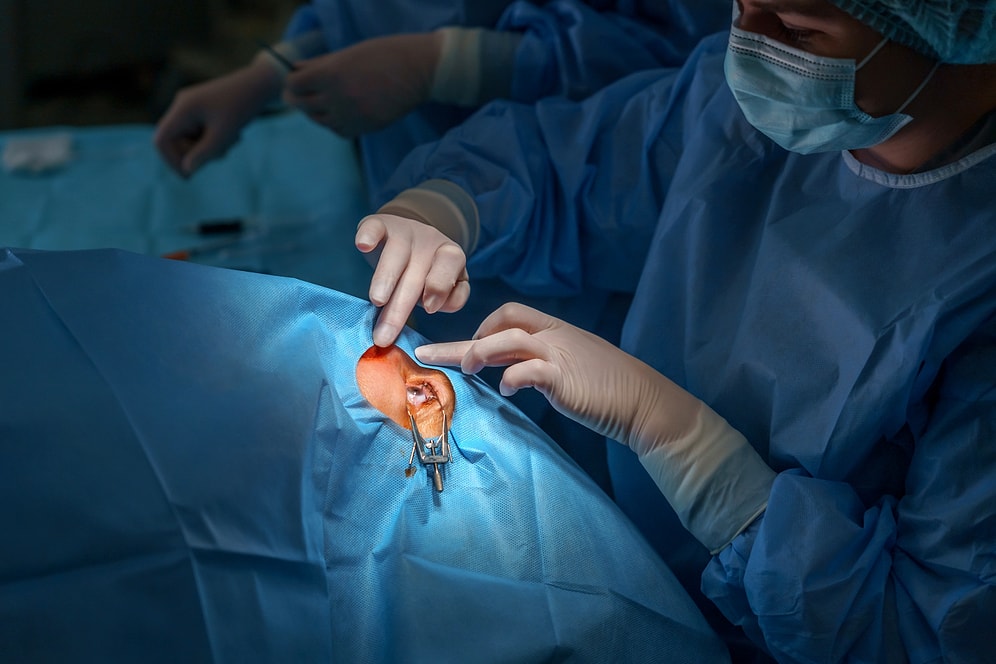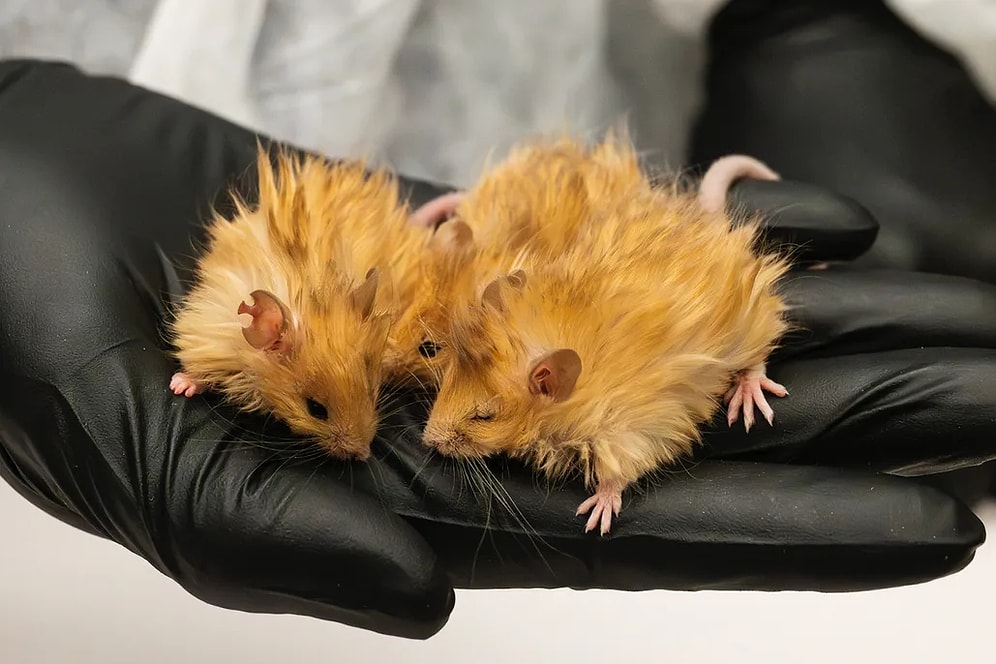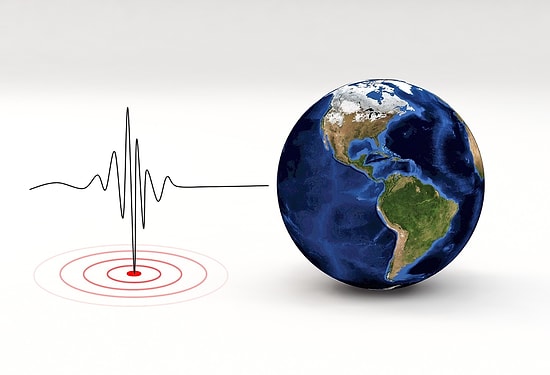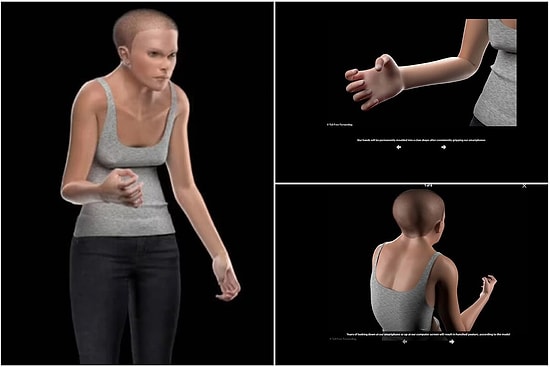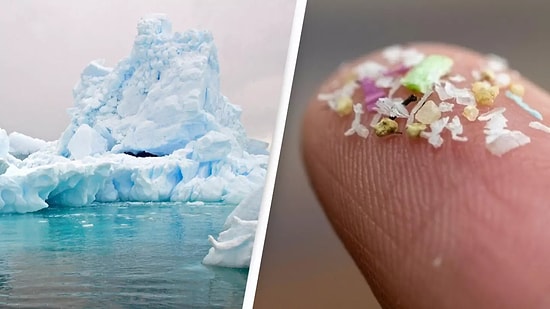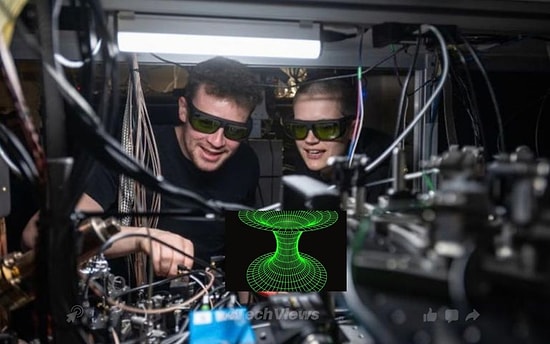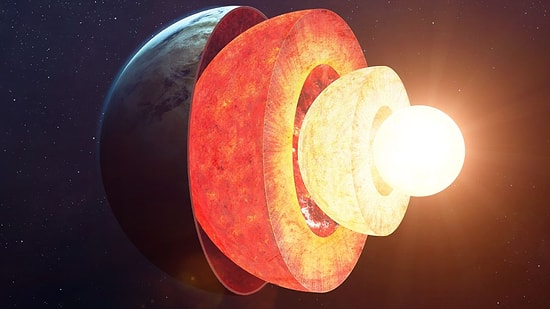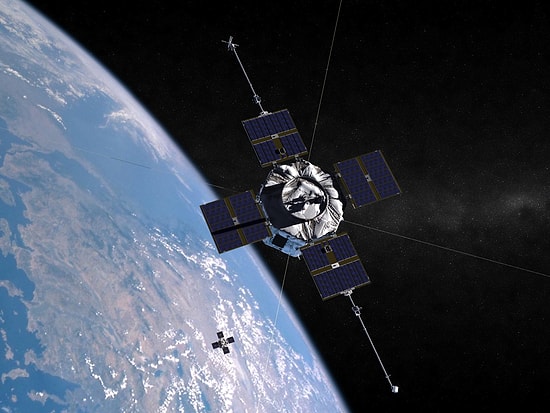The Reason Why We Can't Predict EarthQuakes
In order to predict earthquakes, scientists need to comprehend how they happen, what takes place right before and during the first stages. Even in today's world, these prove to be challenging as there are many factors that go into understanding earthquakes. Let's delve deeper into this process and see why the scientists cannot fully predict mother nature's tremors.
How to Unlock Your Brain’s Full Potential: 5 Proven Ways to Boost Mental Capacity
Have you ever wondered if we’re really using our brains to their fullest? 🧠 Despite the myth that we only use 10% of our brain, unlocking its true potential could change everything—from how we think to how we perform. But is it possible to stretch our mental limits? With neuroplasticity, focus techniques, and mental exercises, we can enhance our cognitive abilities and achieve more than ever before. Ready to tap into your brain’s untapped power? Let’s dive deep into how you can start boosting your mental capacity today! 🚀
Revolutionary Cancer Vaccine Breakthrough at Yale University: 9 Patients Cured
A groundbreaking cancer vaccine developed at Yale University is showing extraordinary promise, offering a potential cure for kidney cancer! In a remarkable Phase 2 trial, the vaccine has achieved complete remission in 9 patients, sparking hope for personalized cancer treatments. This immune-boosting breakthrough could change the future of cancer care forever. Read on to discover how this cutting-edge treatment is redefining the fight against cancer!
What Happens to Your Appearance When You Sleep Less Than 7 Hours?
Can just one night of poor sleep change the way you look? Absolutely! When we don't get enough sleep, our bodies send out warning signs, and the effects can be more obvious than we think. A recent study by sleep tech company Simba, with the help of artificial intelligence, reveals the startling changes in our physical appearance from sleep deprivation. 😱 Curious to know how just 7 hours (or less) of sleep can alter your look? Keep reading to see the surprising results! 👀
What Happens to Your Body While Watching Horror Movies?
Ever wondered why your heart races during a horror film? It’s not just the jump scares! Fear is more than just a psychological thrill—it triggers real biological responses. From the sudden spike in heart rate to the chills running down your spine, horror films can cause surprising effects on your body. 🎬🔬 Scientists have uncovered fascinating findings about how these films mess with our mind and physiology. Want to know what really happens to your body when you watch a scary movie? Keep reading to discover the shocking science behind it! 👀
The Greatest Meteor Storm in History: The Night the Sky Fell in 1833
Imagine witnessing a meteor shower in the 1800s—long before city lights could dull the view. Now, picture thousands of meteors per hour lighting up the night sky in an event so breathtaking that people thought the world was ending! That’s exactly what happened during the Great Meteor Storm of 1833, one of the most intense and mesmerizing Leonid meteor showers ever recorded. But what made this celestial event so legendary? Let’s dive into the night the sky fell! 🚀🌌
NASA Announces Exciting Update for Astronauts Trapped in Space for 8 Months
After being stuck in space for nearly 8 months due to technical malfunctions, NASA's astronauts are finally receiving some good news! These brave space explorers, who embarked on their mission back in June 2024, had their return delayed indefinitely. But now, NASA has just revealed a hopeful update on their return to Earth. Could they be coming home sooner than expected? Find out all the details below! 🚀🌍
NASA Astronauts Stranded in Space? The Health Risks No One Is Talking About
Two NASA astronauts, Suni Williams and Butch Wilmore, have been stuck in space far longer than planned. Originally set for an 8-day mission, they’ve now been waiting for nearly 8 months due to spacecraft malfunctions. While NASA insists they are in good health, experts warn of serious risks that could arise from prolonged space exposure. What are the hidden dangers they might be facing? Here’s what you need to know!
What Will Humans Look Like 1000 Years from Now?
As technology advances, genetic interventions rise, and life on Earth continues to evolve, scientists are asking: what will humans look like a thousand years from now? From shorter statures and shrinking brains to entirely new human species living in space, the possibilities are mind-blowing. Curious about how the future of humanity could unfold? Discover the groundbreaking predictions from experts on how we might evolve in the next millennium!
Scientists Discover Microplastics in the Most Remote Corners of Antarctica
Antarctica, known for its isolation and untouched beauty, has just revealed a shocking secret. In a groundbreaking study, scientists have discovered traces of microplastics in the farthest reaches of this frozen land. Microplastic pollution is no longer confined to bustling cities or oceans—it has now infiltrated even the most remote areas of our planet. Want to know more about this alarming discovery? Keep reading for the full details!
Oxford Scientists Achieve Quantum Teleportation—Is Teleportation the Future of Computing?
In a groundbreaking scientific achievement, researchers at Oxford University have successfully demonstrated teleportation between quantum computers, a feat once thought to be purely science fiction. By transferring data across nearly two meters between two quantum processors, the team has proven that teleportation is not only possible but could be the key to revolutionizing quantum computing. Could quantum internet be the next big leap? Find out how this monumental experiment paves the way for the future of teleportation and computing!
Scientists Discover Earth's Inner Core Is Changing Shape
A groundbreaking study from the University of Southern California has revealed that Earth’s inner core is undergoing a surprising transformation, challenging everything we knew about our planet's structure. For years, scientists believed the inner core was solid, but now it appears that its outer surface is changing. With these shifts potentially altering Earth’s magnetic field, what exactly is happening deep beneath our feet? Here's what you need to know about this game-changing discovery!
Could There Be Only 6 Continents Instead of 7?
For as long as we’ve known, the world has been divided into 7 continents: Australia, Europe, Antarctica, South America, North America, Africa, and Asia. But what if everything we’ve learned is wrong? 🤯 A groundbreaking study from Derby University published in Gondwana Research suggests that there may only be 6 continents! The study proposes that North America and Europe were once connected, and the Atlantic Ocean might not be enough to separate them. What could this revelation mean for our understanding of Earth's geography? Get ready for some mind-blowing revelations that could change everything! 🌍
When Will the Rare 7-Planet Alignment Happen? Here's What You Need to Know
Get ready for another breathtaking celestial event this February! After last month's stunning alignment of 6 planets, we're in for an even rarer spectacle—a 7-planet alignment! Mars, Jupiter, Uranus, Neptune, Saturn, Venus, and more will align for an extraordinary cosmic display. But when exactly will this 'planetary gateway' happen, and which planets will be part of it? Find out everything you need to know about this rare astronomical phenomenon!
Scientists Discover Mysterious Bird Chirps from 100,000 Kilometers Away in Deep Space
Imagine hearing bird chirps coming from deep space, 100,000 kilometers away from Earth! That’s exactly what scientists have discovered—mysterious cosmic waves resembling bird sounds, detectable by the human ear. But what could these unusual “chirps” mean, and what in the universe could be producing them? Is it a sign of extraterrestrial life, or is space playing tricks on us? The answers might surprise you—read on for all the mind-blowing details!


